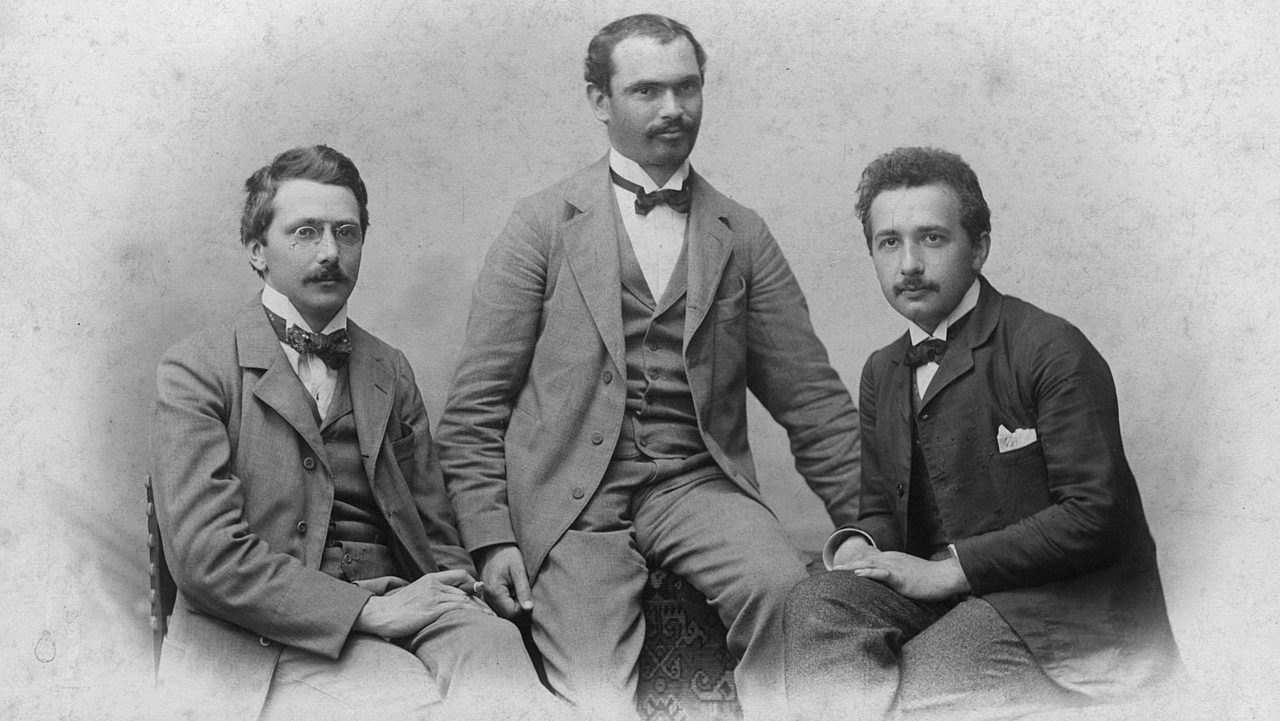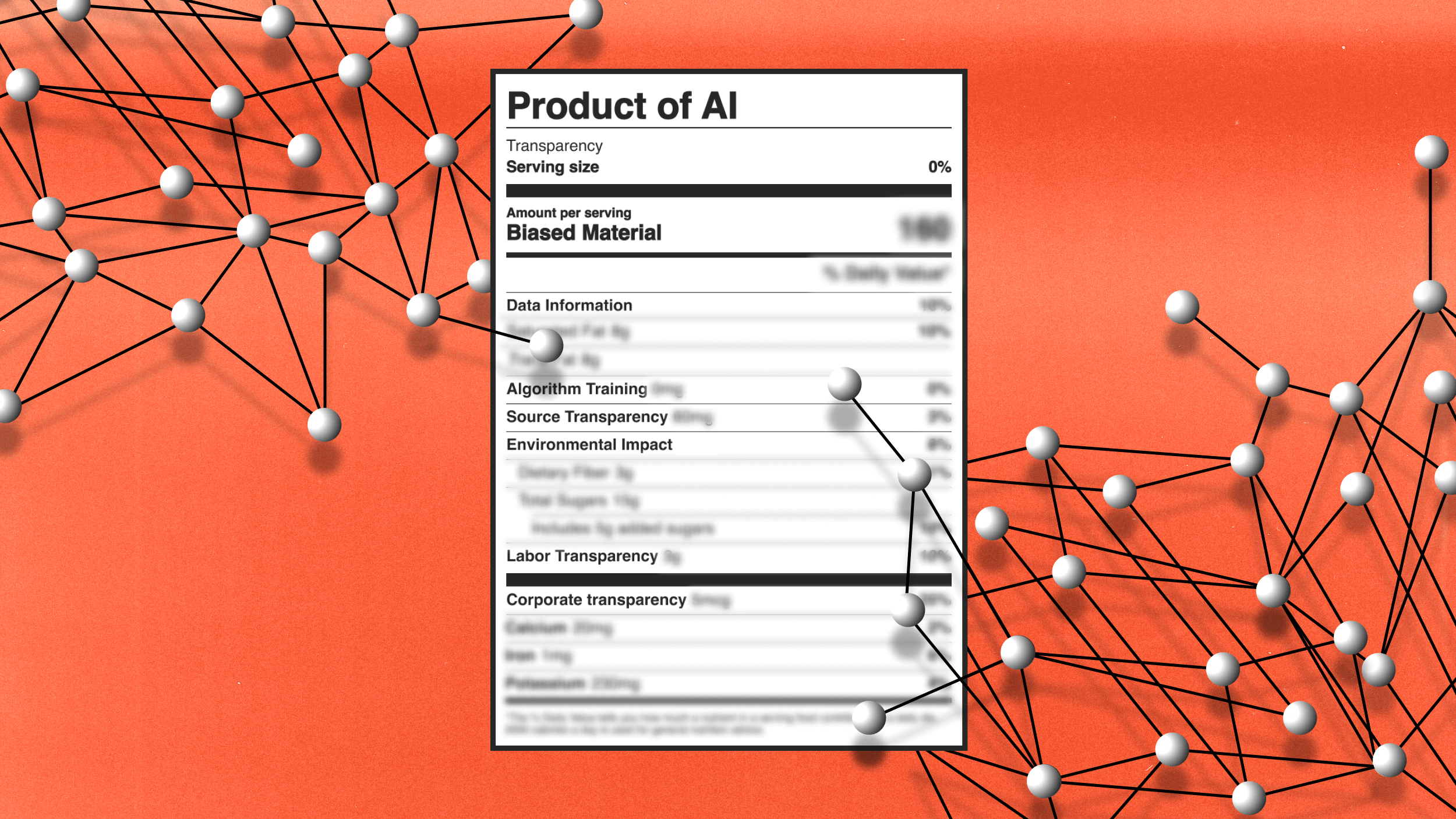Rails Creator David Heinemeier Hansson Explains Why He Loves Ruby

David Heinemeier Hansson was bored until the day he met Ruby, and then his life changed forever. No, this isn’t a love story—not a conventional one anyway—it’s a story of boy meets code. Hansson, the creator of web application framework Ruby on Rails, says that before when he was developing with PHP and Java, he was “always looking for something else.”
In his Big Think interview, part of our Shadowy Nerds series, Hansson explained exactly what drew him to the Ruby programming language in the first place: “Ruby has just a deep emotional appeal of how beautiful you can write something.” Good programming, like good writing, is concise, and with Ruby, you can express an operation in one line that would take up to 10 lines in Java. Even someone who doesn’t understand the code can look at a line of Ruby and see that it is more elegant than Java, just like a non-native speaker knows French is prettier than German.
And for those of us for whom Ruby and Rails are just plain Greek, Hannson offered a helpful analogy to explain their relationship: Ruby is the basic language, whereas Rails is a genre or form that the language can take, like a thriller, he explained. “If you want to write a love story, then you probably use another framework or something else entirely. Ruby is great for both of those things, but Rails is really the tool that sits on top of Ruby that just makes Ruby great for web development.” And in the process, he added, Rails lowers the amount of technical expertise necessary to create web applications.
Hannson also talked about the highly anticipated release of Rails 3, saying they’re “incredibly close” to unveiling it. And he admitted to us that he feels “let down personally” by Apple’s choice to restrict what programming languages can be used for smart phone apps. It was an “insecure move,” which Hansson finds strange because Apple is “winning on their merits.” It’s another case of absolute power corrupting absolutely, just like with Microsoft in the 90s, even though now Microsoft is “irrelevant” to Hansson.




